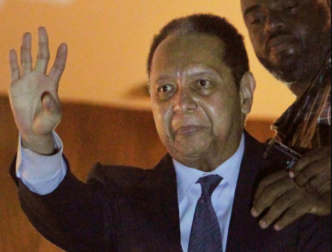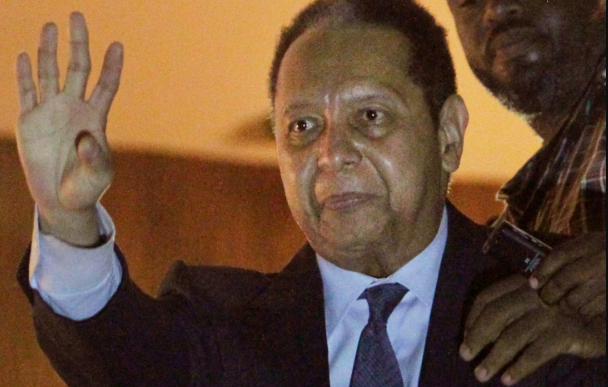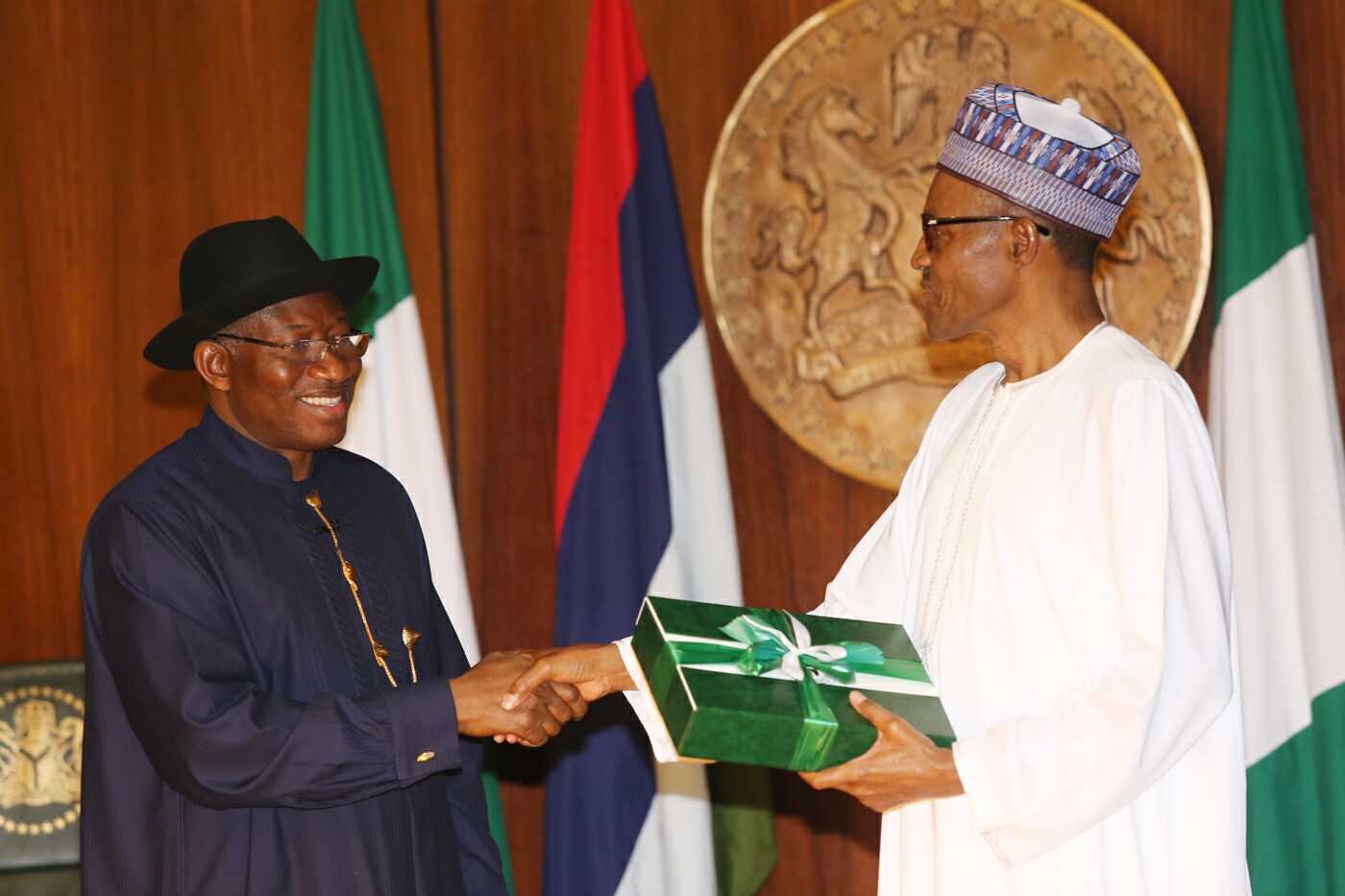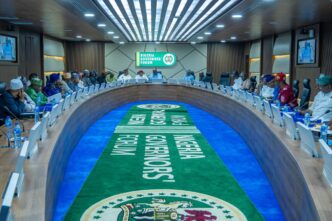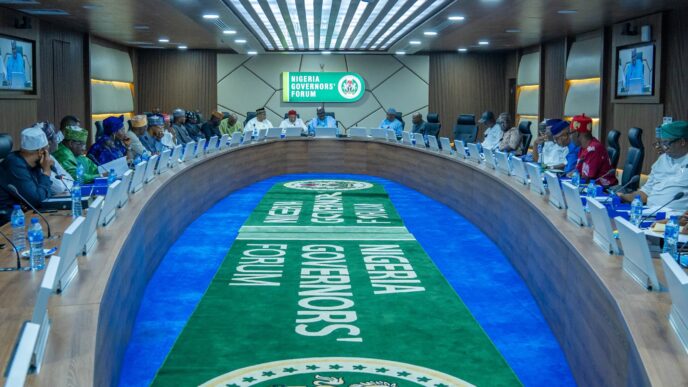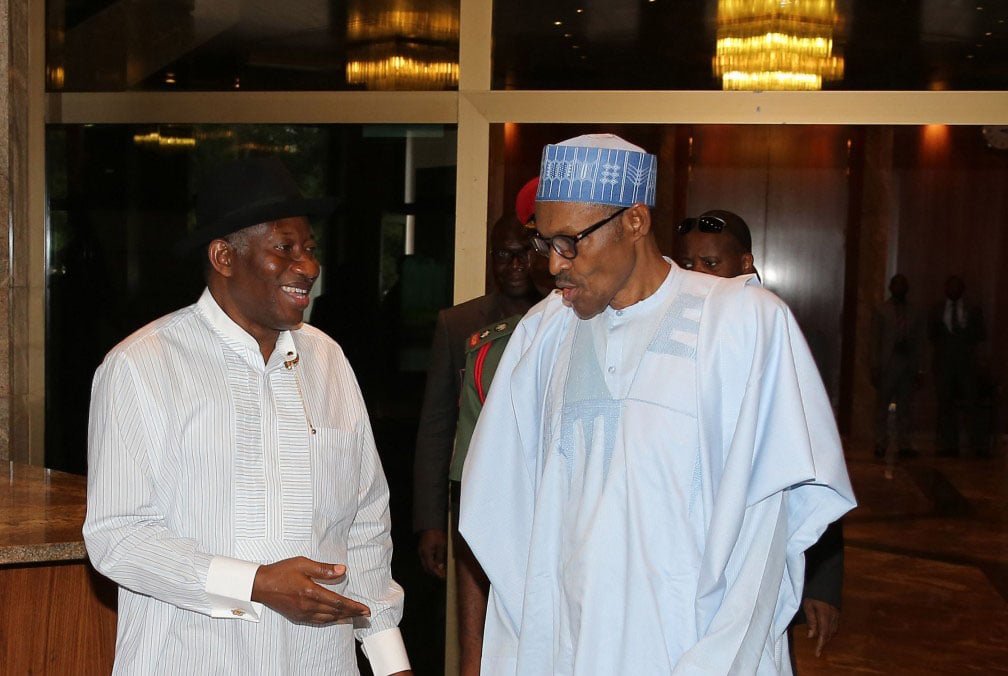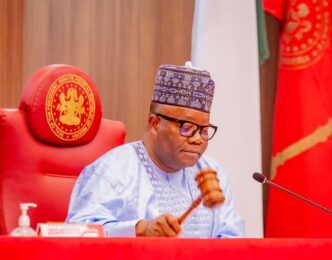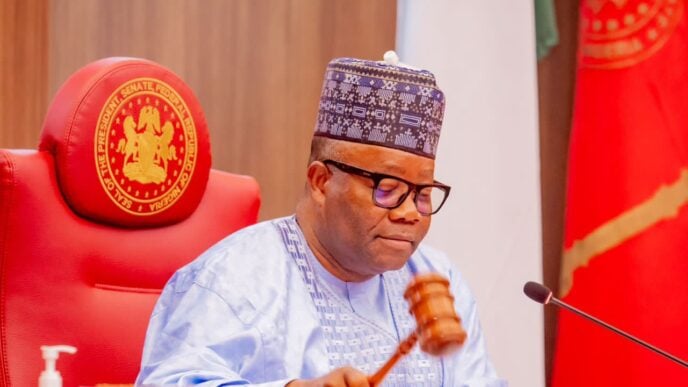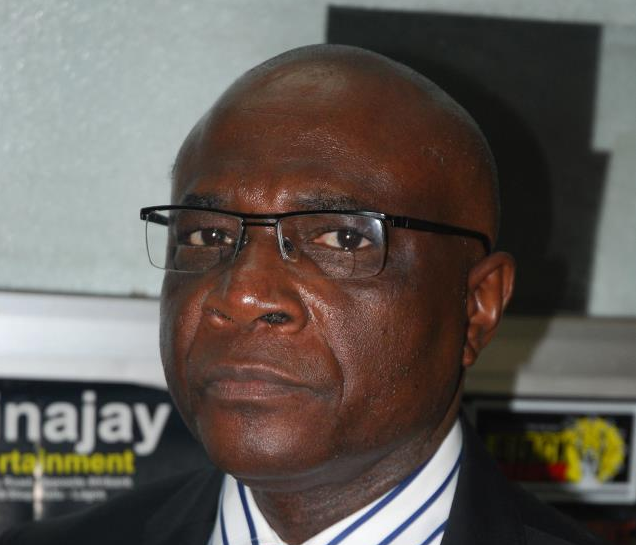The suspension of all elected officials in Rivers State by President Bola Tinubu and the unprecedented assent of the National Assembly delivered by a voting measure not prescribed by law means the tempestuous political situation in Rivers State has morphed into a constitutional crisis.
As with other historical constitutional inflection points — resource control at the turn of this century, the right of women to inherit property under customary law at the tail end of the last and determining what two-thirds of nineteen states were in 1979, the third arm has often had to make bold interpretations of the law.
With parties expected to seek judicial clarity on Sections 180 and 305 among others, the main question bubbling in parts of the national commentariat is: will our courts step to the plate? The current assessment is not favourable.
The reason is that, for better or worse, dispute resolution in Nigeria is facing a reckoning. Lawyers do not like to talk about it publicly, but we all know it to be true: our clients, families, friends, and associates do not trust our courts and judges.
Advertisement
Internal SBM Intelligence research in 2023 showed only 6% of Nigerians think the judiciary is fair and impartial. This crisis of confidence is no longer an abstract concern—it is an existential threat to the legal profession and the rule of law itself.
Nigerians have nursed deep scepticism about the judicial system for years, but recent events have pushed this distrust to new levels. High-profile cases, particularly those involving political disputes, have laid bare troubling inconsistencies in judicial decisions. Increasingly, verdicts seem to align less with the law and more with political and financial interests. For ordinary Nigerians, the message appears to be that justice is for sale and that those with power and wealth have the means to buy it.
This is not just an indictment of a few corrupt judges or a handful of compromised cases. It is about a system that no longer inspires confidence in its impartiality. When parties approach the courts with more concern about the judge they will face and the length of time they will expend rather than the strength of their legal arguments, we have a problem. When businesses hesitate to sign contracts because they fear a courtroom battle will be decided as much by influence as evidence, we have a crisis.
Advertisement
The effects of this distrust are already manifesting. More Nigerians are turning to alternative dispute resolution (ADR), not necessarily because it is more efficient, but because they see it as the only path to fairness. Local and foreign investors are wary of a system where contracts and agreements can be upended by judicial fiat. Even in criminal matters, victims and the accused alike doubt whether justice will be done. For a growing number, these alternative measures are extralegal and vigilante in nature.
For lawyers, this crisis presents a moral and professional dilemma. We are officers of the court, sworn to uphold the rule of law and defend the integrity of the judicial process. Yet, we find ourselves caught between our duty to the system and the growing disillusionment of those we represent. How do we advocate for a system that many believe is fundamentally broken? How do we reassure clients who have lost faith in the very institution we serve?
The judiciary itself bears a significant share of the responsibility for this crisis. Delays in the administration of justice, inconsistent rulings, and allegations of corruption have tarnished its reputation. The lack of transparency in judicial appointments and the perceived politicisation of the courts have further fueled public distrust. While there are undoubtedly many honourable judges who strive to uphold the highest standards of integrity, their efforts are often overshadowed by the actions of a few bad actors.
But the blame cannot be placed solely on the judiciary. The legal profession must also confront its role in this crisis. Too often, lawyers contribute to the problem by exploiting procedural loopholes, engaging in unethical practices, or prioritising personal gain over the pursuit of justice. The bar must hold itself to higher standards and take proactive steps to restore public confidence in the legal system.
Advertisement
Addressing this crisis will require bold and systemic reforms. The judiciary must embrace transparency and accountability, ensuring that judges are appointed and promoted based on merit rather than connections. Mechanisms for addressing judicial misconduct must be strengthened, and cases must be adjudicated promptly and efficiently. The legal profession, for its part, must recommit to its ethical obligations and work to rebuild trust with the public.
The legal profession cannot afford to ignore this reckoning. The judiciary’s legitimacy is not self-sustaining but built on public trust. When that trust is lost, the entire system collapses. Lawyers, judges, and policymakers must urgently address the perception—and reality—of judicial compromise. Transparency, accountability, and strict enforcement of ethical standards must become the norm, not the exception.
The survival of Nigeria’s democracy depends on a functioning and trusted judiciary. Without it, the rule of law becomes meaningless, and the social contract between the state and its citizens is broken. If we fail to act, the consequences will be severe. A judiciary that is not trusted is a judiciary that is irrelevant. And a country without a functioning, credible judiciary is on the brink.
Ikemesit Effiong is a lawyer and managing partner at SBM Intelligence
Advertisement
Views expressed by contributors are strictly personal and not of TheCable.


